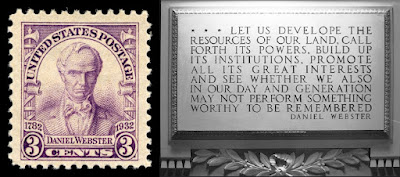Kuladhor Chaliha (20 September 1887 in Sivasagar – 19 January 1963) was an important Indian freedom fighter and social reformer from Assam. He played a key role in the Indian independence movement and made significant contributions to the social and cultural development of Assam. Chaliha was known for his commitment to fighting British colonial rule, as well as his efforts to uplift Assamese society.
Early Life and Education:
- Born: 20 September 1887 in Assam, India.
- Kuladhor Chaliha belonged to a middle-class family and grew up in a politically conscious environment. His education gave him an understanding of the socio-political challenges faced by the people of Assam during British rule.
Role in the Indian Independence Movement:
Kuladhor Chaliha was deeply inspired by Mahatma Gandhi's principles of non-violence (ahimsa) and civil disobedience. He became actively involved in the Indian National Congress and was a key figure in Assam’s participation in the independence struggle.
Non-Cooperation Movement: He was a strong supporter of Gandhi’s Non-Cooperation Movement, which called for the rejection of British goods and institutions. Chaliha mobilized people in Assam to participate in boycotting British schools, courts, and government services.
Salt March: He took part in the Salt Satyagraha, a major campaign initiated by Gandhi in 1930 as a protest against the British monopoly on salt production. Chaliha’s participation in this movement helped spread the ideals of resistance and self-reliance across Assam.
Quit India Movement: During the 1942 Quit India Movement, which demanded an end to British rule, Chaliha played a crucial role in organizing protests and rallies in Assam. He was imprisoned multiple times for his activities but remained steadfast in his dedication to India’s freedom.
Social and Cultural Reforms:
Education and Social Upliftment: Apart from his political work, Kuladhor Chaliha was a strong advocate for education and worked to improve access to education in Assam. He believed that an educated population would be crucial for the future of an independent India.
Assamese Language and Culture: Chaliha was also a champion of Assamese culture and sought to promote the language and cultural heritage of the region. He encouraged the development of Assamese literature, music, and arts as a means of preserving regional identity during colonial rule.
Caste Discrimination: Chaliha was a vocal critic of the caste system and other forms of social discrimination. He believed in social equality and worked for the upliftment of marginalized communities, advocating for their integration into mainstream society.
Legacy:
Kuladhor Chaliha's contribution to the freedom struggle and his efforts for social reform left a lasting impact on Assam. His dedication to the principles of non-violence, education, and equality made him a respected figure in both the political and social spheres of the region.
Chaliha passed away in 1963, but his legacy continues to inspire future generations in Assam, particularly in terms of political activism, cultural pride, and social justice. He is remembered as one of Assam’s great freedom fighters who not only helped achieve independence but also worked to shape a more inclusive and progressive society.










